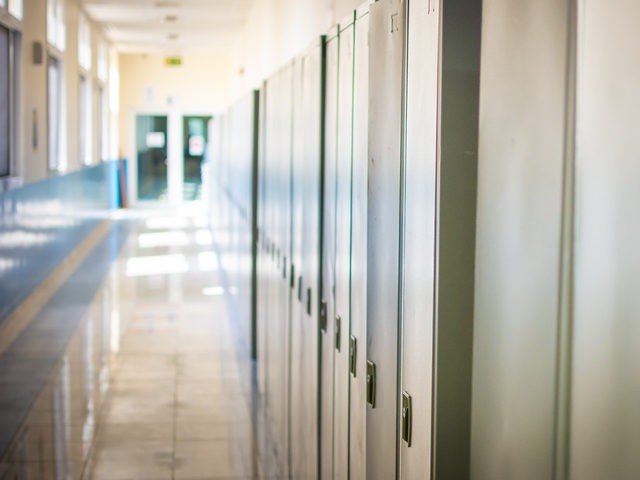A survey of more than 500 principals conducted by the National Association of Secondary School Principals (NASSP) found that nearly four in ten school leaders said they expect to step down within the next three years — some even sooner. And more than a third will leave the education field altogether as soon as they find a higher-paying job.
The NASSP called it a “mass exodus,” and the survey found the number even higher for principals who have been on the job for four years or less — 62 percent said they will leave within the next six years. Still, more will be retiring.
The 74 websites reported on how trying to run schools for the past two years in states with restrictive lockdowns during the coronavirus pandemic has taken its toll.
The report cited a study that shows the lockdowns have hurt specific groups that are already at risk:
The crisis has hit principals of color, women and those leading schools with higher proportions of lower-income students and students of color particularly hard. They are more likely than their peers to experience job-related stress during the pandemic, a new RAND study found.
According to NASSP’s fall survey, 91 percent of principals were very or extremely concerned about student wellness, more than any other challenge (in comparison, mask mandates had about 51 percent very or extremely concerned). More than a third said there’s not adequate student services staff, like nurses and counselors.
Principals told The 74 the exodus may begin as early as the end of this school year. Some may want to leave mid-year but, understanding the stress it would cause for their schools, are waiting until summer break.
“For people to start saying, ‘Man, you know, I’m not ready to die. I’m not dying yet but this thing is killing me,’ really scares me,” NASSP CEO Ronn Nozoe said in the report. “Because people, especially our members, don’t say that stuff. And they don’t say it lightly and they sure as heck don’t say it publicly.”
“It’s the first time I’ve really seen it – our teachers saying, ‘We’re struggling, but man, I’m really worried about our principal[s],’” Nozoe said.
“He or she is getting beat up, and he doesn’t look good or she doesn’t look good. They’re all stressed out and I don’t want to lose her or him,” Nozoe said.
“I have sought out and have been seeing a therapist, because I think it’s important — not just for me as a principal to talk to my kids about [their] mental health — it’s also important for me to walk that walk,” Michael Brown, president-elect of NASSP’s Maryland chapter and principal at Winter Mills High School, said in The 74 report.
Brown called out what he said is the “highly politicized nature of education” that has hurt educators, including long hours of making evening calls and communications about the latest pandemic guidance to families.
“You struggle to have positive days, positive thoughts,” Brown said.
Follow Penny Starr on Twitter

COMMENTS
Please let us know if you're having issues with commenting.